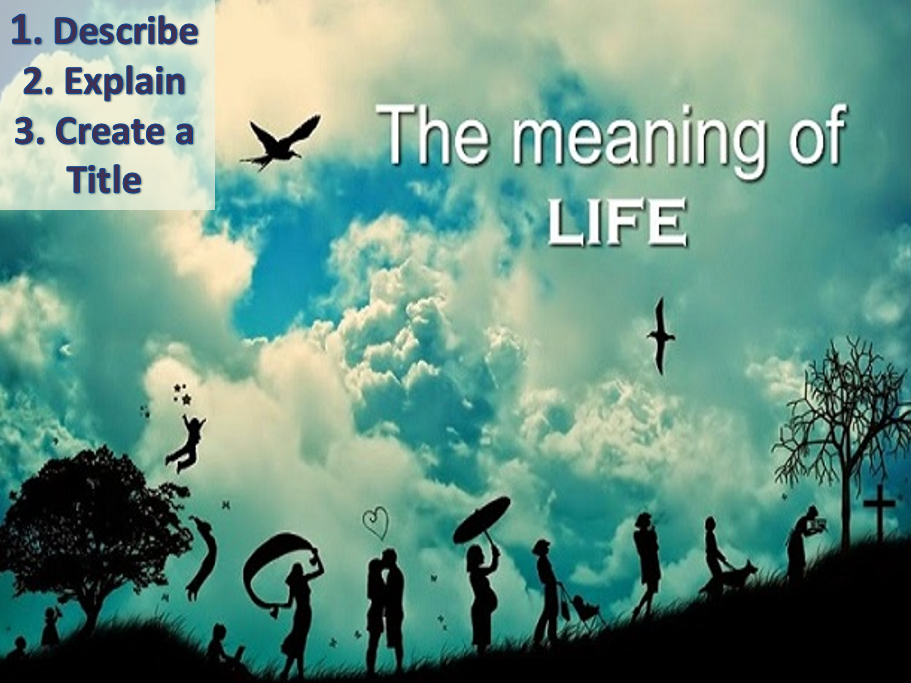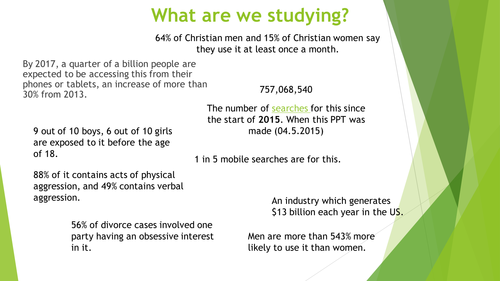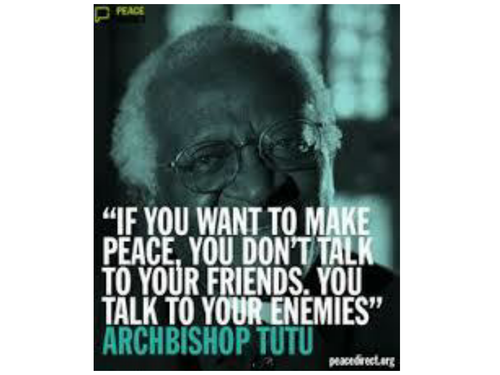A Few Ideas
Boredom is the enemy of education. These resources aim to give students an engaging, fun way into topics that are relevant to their lives, including awkward ones like sex education, and informing about issues that are shaping the world and their future. My hope is that they help be an effective tool to the teacher to wake up a hunger for knowledge in students, and that everyone in the classroom would have a more enjoyable and enriching experience because of their use.
























